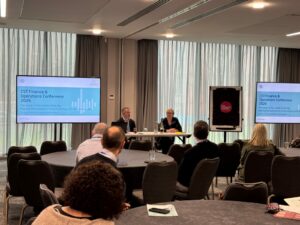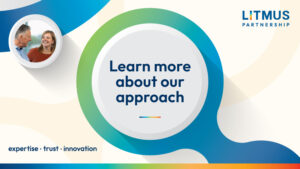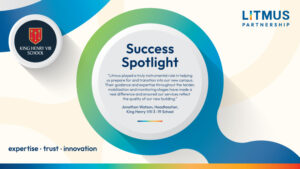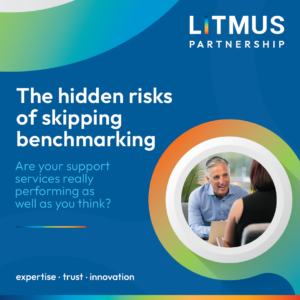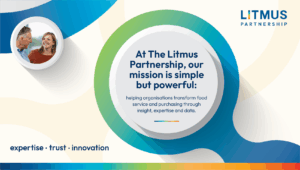Choosing a consultant to support your catering or FM tender is a significant decision – one that should bring clarity, compliance, and confidence to your procurement process. But how can you tell if you’ve made the right choice?
Sometimes, it’s what a consultant doesn’t say that tells you the most. Below, we’ve outlined a few key phrases that should raise alarm bells. If you’re hearing these, it might be time to ask some tough questions – or rethink who you’ve entrusted with your project.
1.“The winning contractor will pay for my services…”
This can sound appealing at first – after all, who doesn’t want to avoid extra costs? But let’s be clear: no contractor is working for free. If they’re covering the consultant’s fee, that cost is likely to be absorbed into their overall pricing structure, and ultimately passed back to you, the client.
A truly independent consultant should be working only for you – not the supplier. Their loyalty and priorities should lie in achieving the best outcome for your organisation, not preserving relationships with contractors who are effectively paying their wages.
In fact, we lifted the lid on fee models here – telling you more about how to know which fee model is right for you.
2.“Just email the TUPE information…”
This one is not just concerning, it’s potentially non-compliant. TUPE (Transfer of Undertakings (Protection of Employment)) information is sensitive, personal data. The UK Government’s own guidance on e-communications, which has been in place since 2016, makes it clear that ordinary email is not an acceptable means of sharing this type of information.
The regulations state that secure portals or dedicated e-communication platforms must be used to transmit TUPE information, particularly anything containing personal or commercially sensitive data. If your consultant is suggesting otherwise, it’s worth questioning their understanding of data protection obligations and whether they’re taking your compliance risk seriously.
3.“I don’t need cyber security accreditation…”
This raises serious concerns. Consultants handling procurement processes are dealing with commercially confidential and personal data; not just yours, but that of prospective suppliers and their employees too. Without up-to-date cyber security credentials, there’s no assurance that your data is being handled securely.
At Litmus, we always recommend that organisations work with cyber security-accredited advisors. Not only does it demonstrate due diligence, it also ensures you meet your own responsibilities under data protection legislation.
4.“Presentations aren’t really necessary…”
Supplier presentations are more than just a formality – they’re a vital part of the evaluation process. They give you a chance to assess how well a bidder understands your brief, test the team’s communication skills, and, most importantly, meet the key people you’ll be working with day to day.
Skipping this stage might reduce the consultant’s time and costs, but it comes at a price: you lose the opportunity to see behind the bid document and make a more human, values-based judgment.
5.“There’s nothing new in the Procurement Act…”
This is a worrying statement – the Procurement Act brings in several key changes that will directly affect how tenders are structured and communicated, as well as how contracting authorities must demonstrate compliance. If your consultant is dismissing it, it may be a sign they haven’t engaged properly with the new legislation. Some of the changes are subtle, but they matter – particularly around transparency, supplier exclusion grounds, and the need to demonstrate value for money in new ways.
Finding a good consultant
A good consultant will bring reassurance, expertise, and independence and be transparent about their costs. They should guide you through complex legislation, manage risk, and help you secure a service that delivers real value. If you’re hearing any of the phrases above, it’s worth stepping back and re-evaluating.
To learn more about Litmus’ experience and how we can support you, please click here.
The Litmus team


